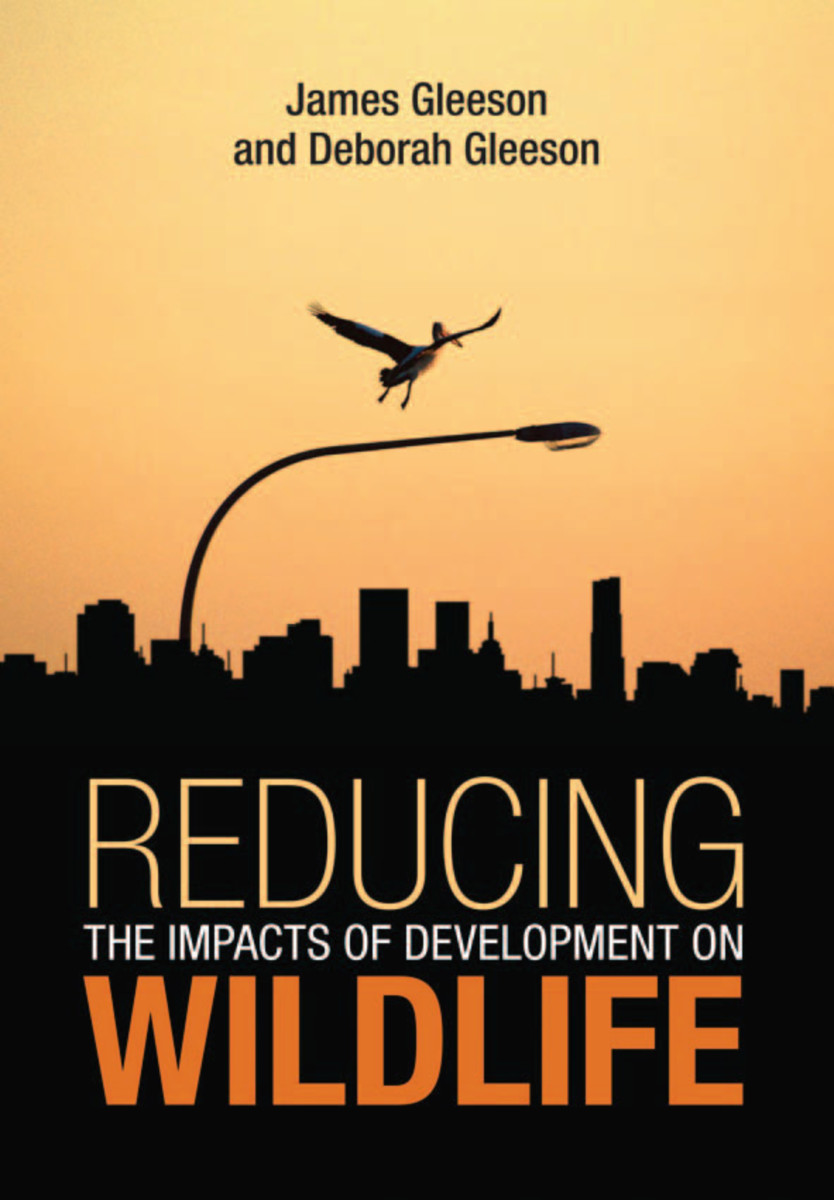EXCELLENCE IN SCIENCE PUBLISHING
Reducing the Impacts of Development on Wildlife
- Publisher
CSIRO Publishing - Published
29th June 2012 - ISBN 9780643100329
- Language English
- Pages 256 pp.
- Size 6.75" x 9.75"
- Images color photos
The rapidly increasing number of threatened flora and fauna species worldwide is one of the chief problems confronting environmental professionals today. This problem is largely due to the impact humans have had on land use through development (e.g. agricultural, residential, industrial, infrastructure and mining developments).
Reducing the Impacts of Development on Wildlife contains a comprehensive range of practical measures to assist others to reduce the impacts resulting from development on terrestrial flora and fauna, and promotes ecologically sustainable development.
“This book should not be on the shelf of every ecologist, consultant or developer--it needs to lie open on their desk, sit at the top of their field bag and be widely discussed around the lunch-room table.”
Dr Rodney van der Ree, Deputy Director - , Australian Research Centre for Urban Ecology, Royal Botanic Gardens, Melbourne
1 Introduction
2 Potential impacts of development on flora and fauna
3 Selecting measures to reduce impacts of development on wildlife – why an understanding of ecology is fundamental
4 Avoiding impacts on flora and fauna
5 Modifying human behaviour to reduce impacts of development on flora and fauna
6 Measures to reduce direct fauna and flora mortality during land clearance
7 Measures to exclude or deter fauna from a development site
8 Measures to promote safe movement of fauna around and through a development site
9 Measures to minimise habitat degradation near a development site
10 Measures to provide additional habitat for flora and fauna impacted by development
11 Ex situ measures for conservation of flora and fauna
12 Environmental offsets
13 Monitoring
14 Adaptive management
15 Concluding remarks
James Gleeson
James Gleeson has a background in ecological research, consulting and management. He has spent the past decade working for some of the largest mining and infrastructure projects around Australia.
Deborah Gleeson
Deborah Gleeson has specialized in fauna and flora for over a decade, during which time she gained a PhD in ecology and evolutionary biology, and worked as a field ecologist and ecological project manager for environmental consulting companies, among other roles.


